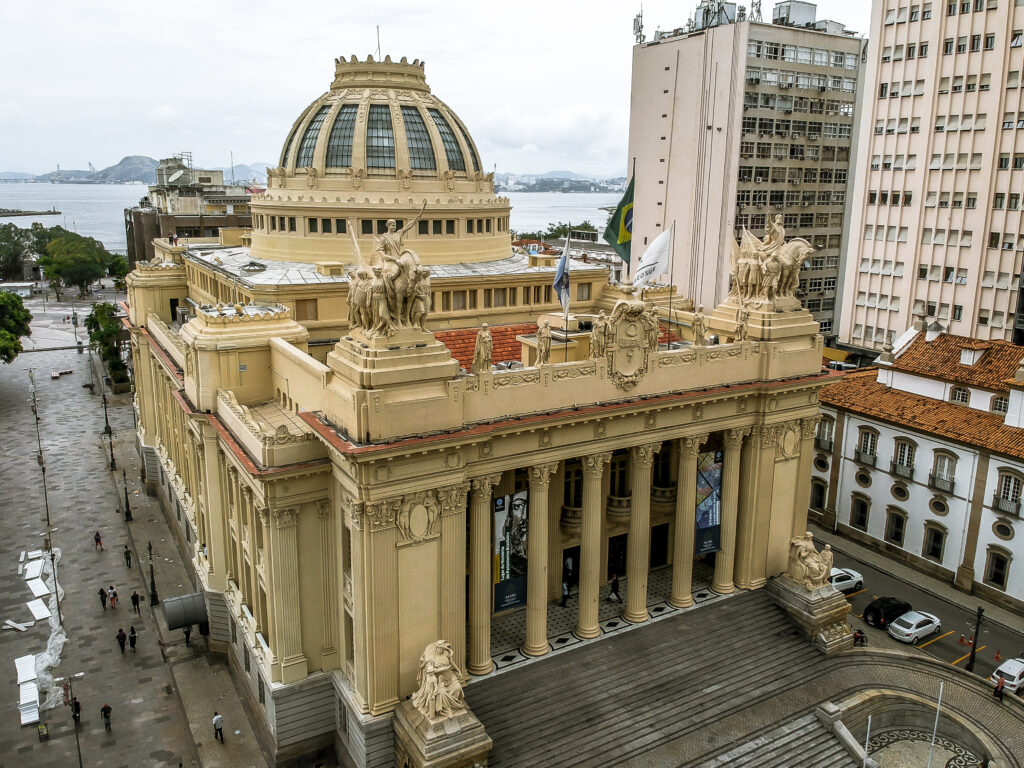
The Tiradentes Palace in Rio de Janeiro
The Tiradentes Palace, erected on May 6, 1926, in the city of Rio de Janeiro, is an emblematic building that has housed various institutions over the years. Initially intended for the Chamber of Deputies until 1960, it now serves as the current headquarters of the Legislative Assembly of the State
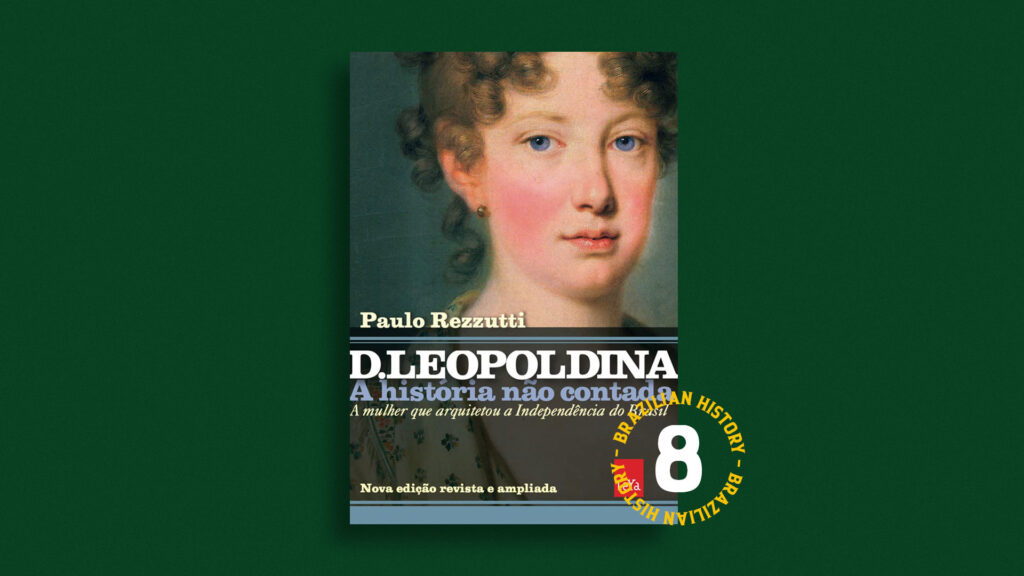
D. Leopoldina: The Untold Story – The Woman Who Engineered Brazil’s Independence | Review
The book “D. Leopoldina: The Untold Story – The Woman Who Engineered Brazil’s Independence” by Paulo Rezzutti is an account that seeks to shed light on the importance of D. Leopoldina, the archduchess of Austria and wife of D. Pedro I of Brazil, in the history of Brazil’s independence. The
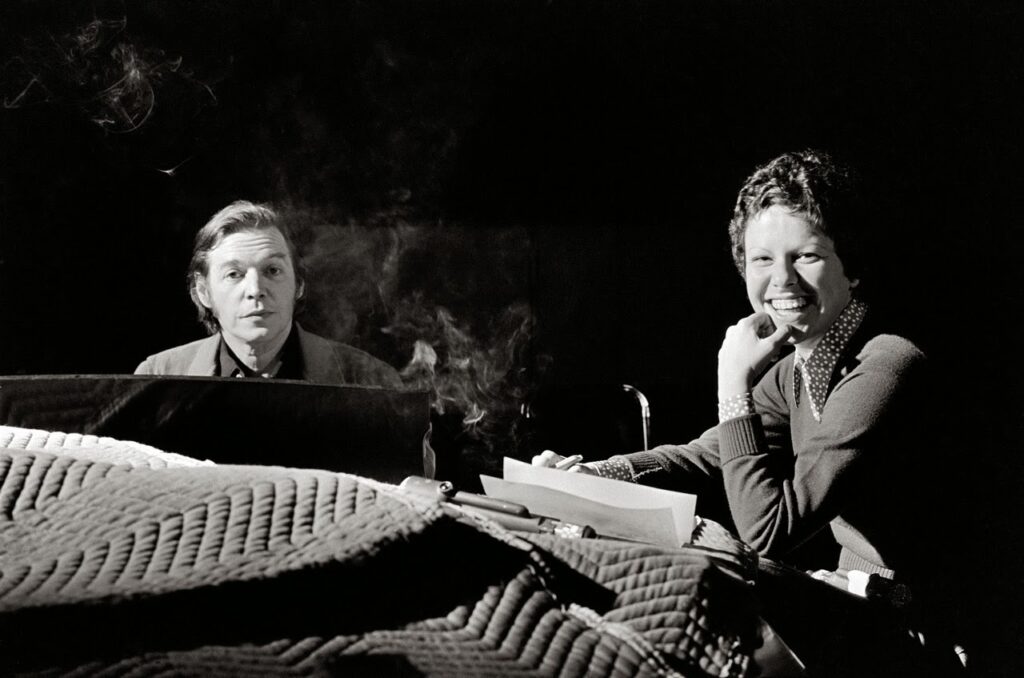
The story of the song ‘Águas de Março’
The song ‘Águas de Março’ is an iconic Brazilian music composition by Antônio Carlos Jobim, one of the greatest figures in Bossa Nova, regarded as one of the most influential Brazilian composers of the 20th century. Released in 1972, the song became a timeless classic and was immortalized in the
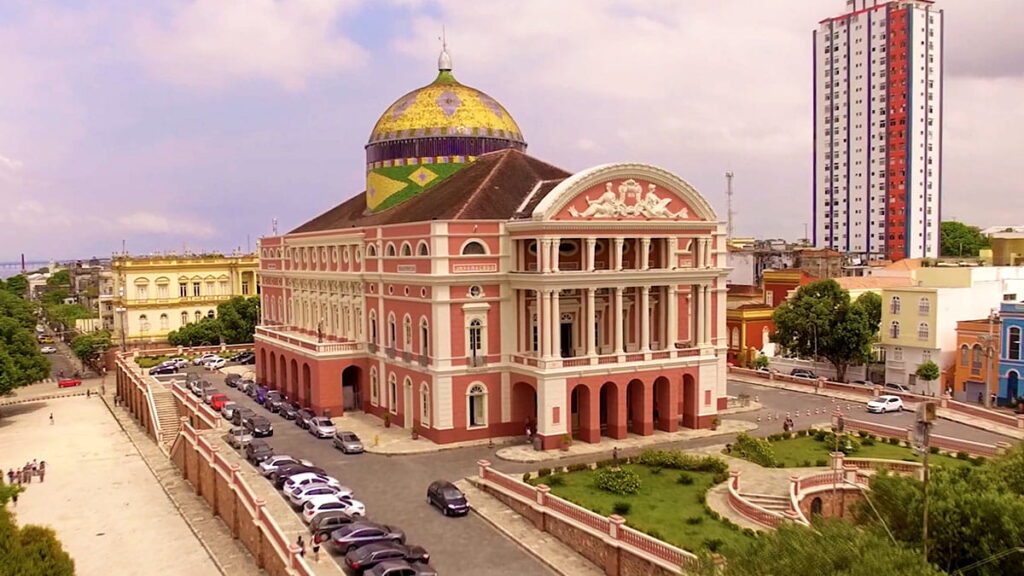
The Amazon Theatre of the city of Manaus
The Teatro Amazonas is one of Brazil’s most important theaters and the main landmark of the city of Manaus. Located in Largo de São Sebastião, in the Historic Center, it was inaugurated in 1896 to meet the desire of the elite of the Amazon region at the time, envisioning the
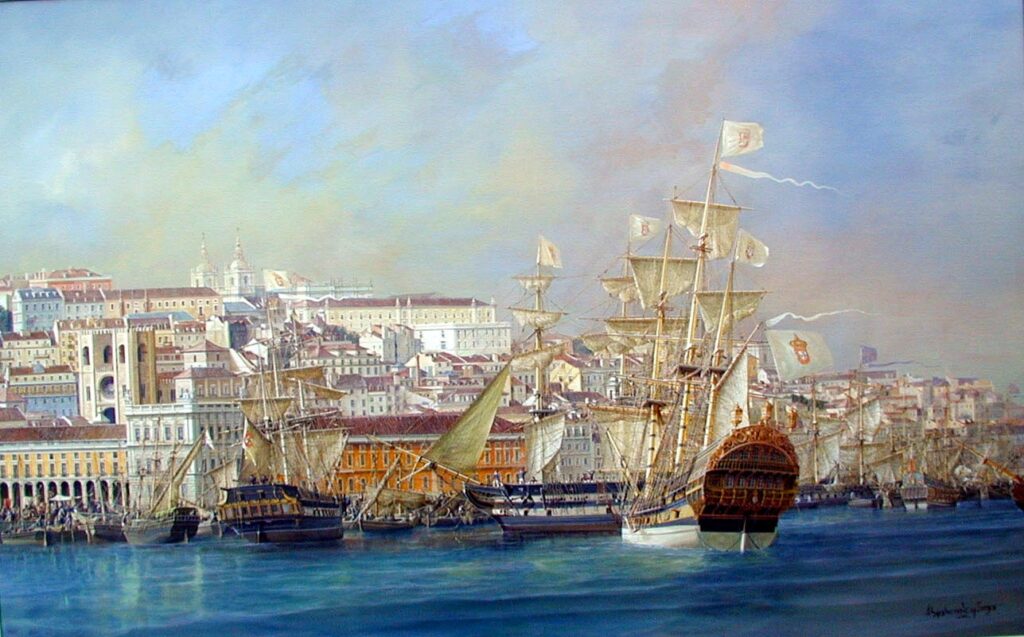
Today in Brazil: Portuguese court begins a long journey to Brazil
On November 29, 1807, the long journey of the Portuguese royal family to Brazil began. A total of around 14 ships carrying 15,000 people departed from Portugal. The vessels were escorted by English ships along the way.
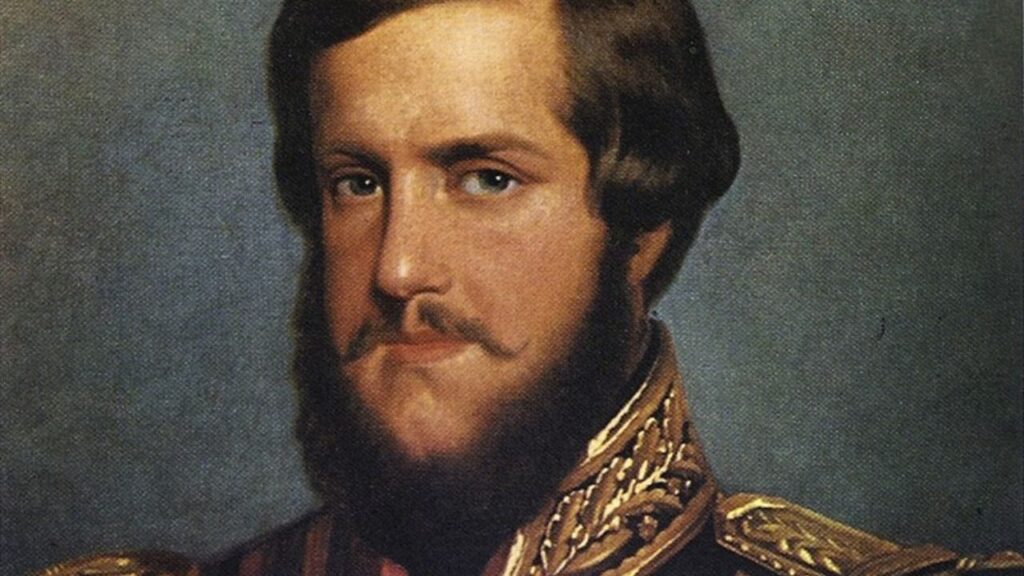
The wealth of Emperor Dom Pedro II
Emperor Dom Pedro II, during his reign from 1831 to 1889, was a prominent figure in the country’s history. His personal wealth was not primarily associated with an exorbitant material fortune, but rather with a vast cultural, intellectual, and emotional richness.
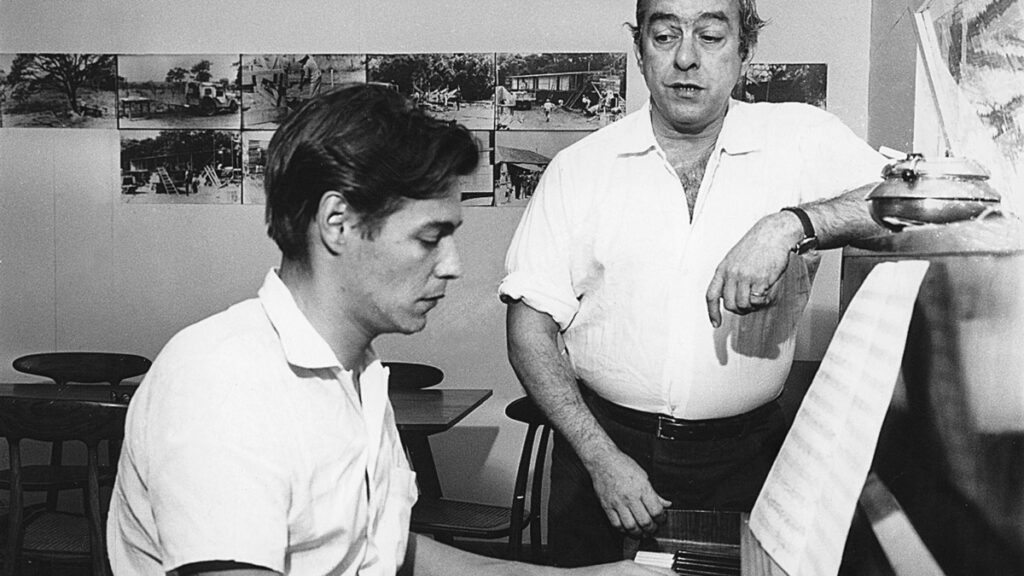
The history of the song ‘Chega de Saudade’
The Bossa Nova was officially born on July 10, 1958, when João Gilberto recorded the song ‘Chega de Saudade’ at Odeon studios. The arrangements were made by Antonio Carlos Jobim, who also directed the orchestra. “That new way of singing and playing by João Gilberto brightened everything up,” summarizes writer
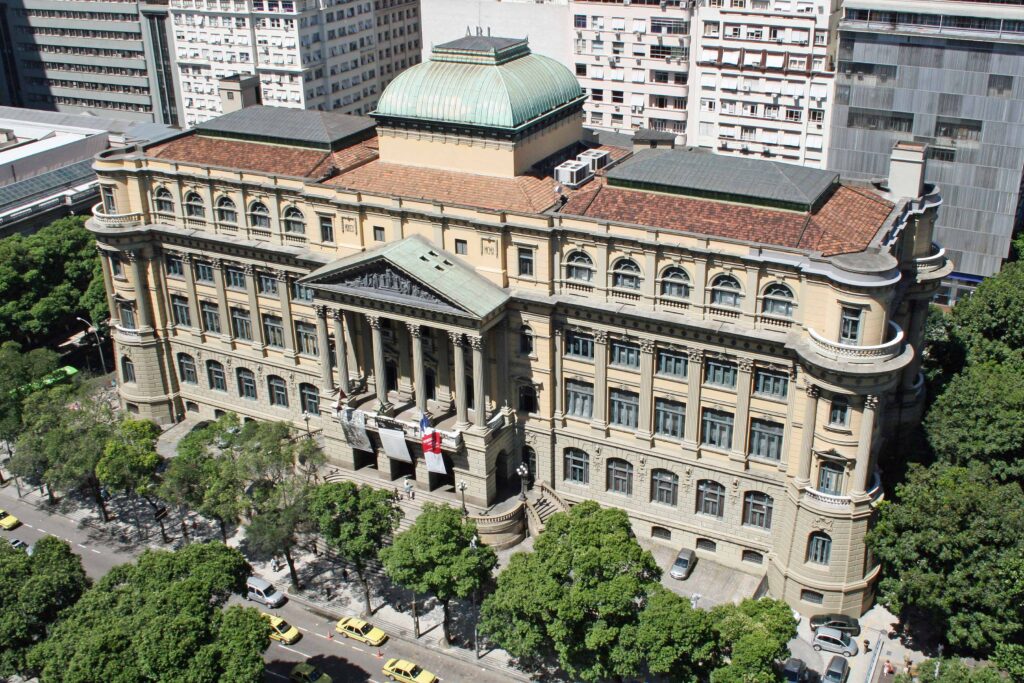
Brazilian National Library in Rio de Janeiro
The Brazilian National Library, located in Rio de Janeiro, is one of the largest libraries in the world, housing nine million items. Founded by Dom João VI in 1810, its journey began in an unlikely fashion, initially housed in facilities like the Third Order Hospital. The impressive building, erected during
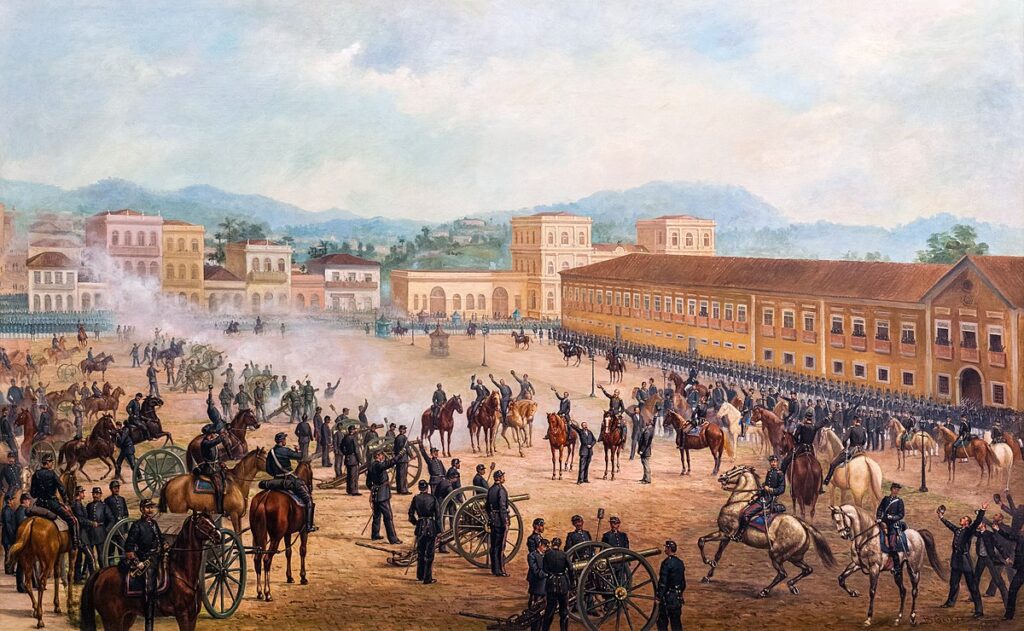
Today in Brazil: Deodoro da Fonseca proclaims the Republic in Brazil
On November 15, 1889, Manuel Deodoro da Fonseca, a military figure and politician, declared the Republic of Brazil through a coup d’état. As the first president in the country’s history, his tenure was marked by considerable political and economic instability.
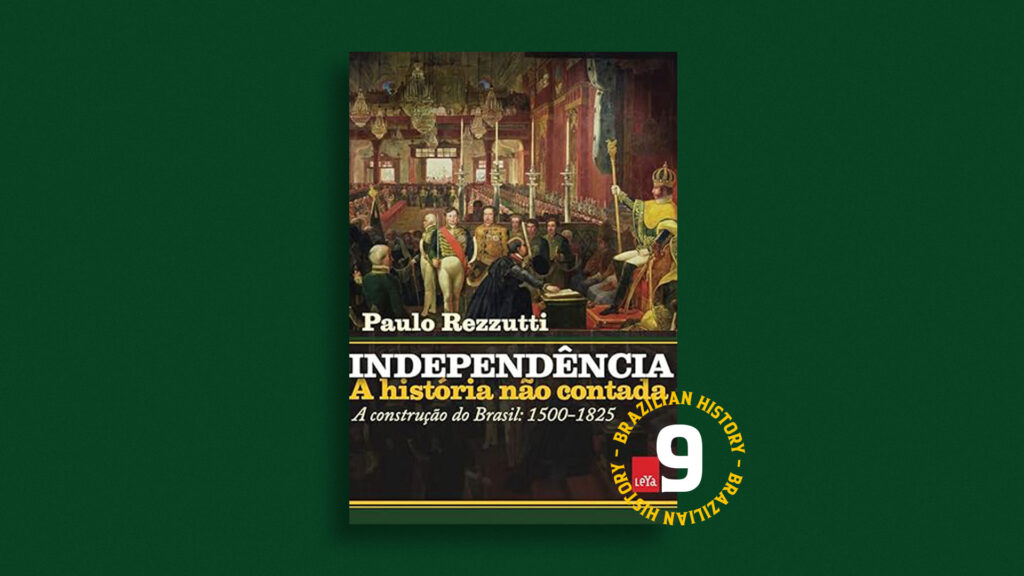
Independence: The Untold Story: The Building of Brazil: 1500-1825 | Review
Independence: The Untold Story: The Building of Brazil: 1500-1825 is a book written by Paulo Rezzutti, which delves into the backstage and lesser-known figures involved in the process of Brazilian independence. The book highlights characters who played crucial roles in independence, such as José Bonifácio de Andrada e Silva, Dom
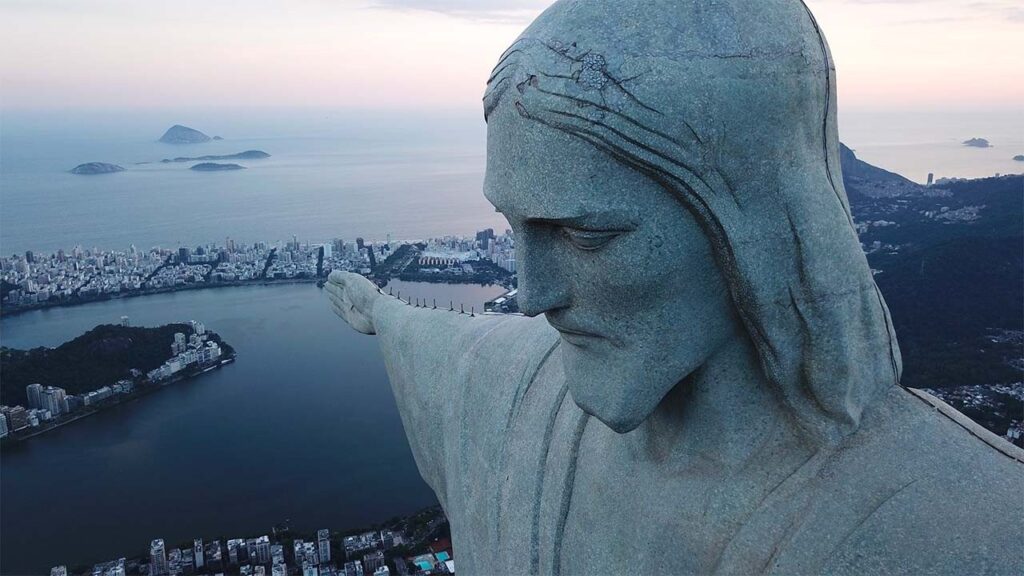
Discover the origin of the name Rio de Janeiro
Rio de Janeiro, bathed in golden beaches and embraced by imposing mountains, is a symphony of contrasts. On one side, there’s the vibrant hustle of urban life, full of colors, rhythms, and an infectious energy. On the other, the serenity of natural landscapes that frame the city, such as the
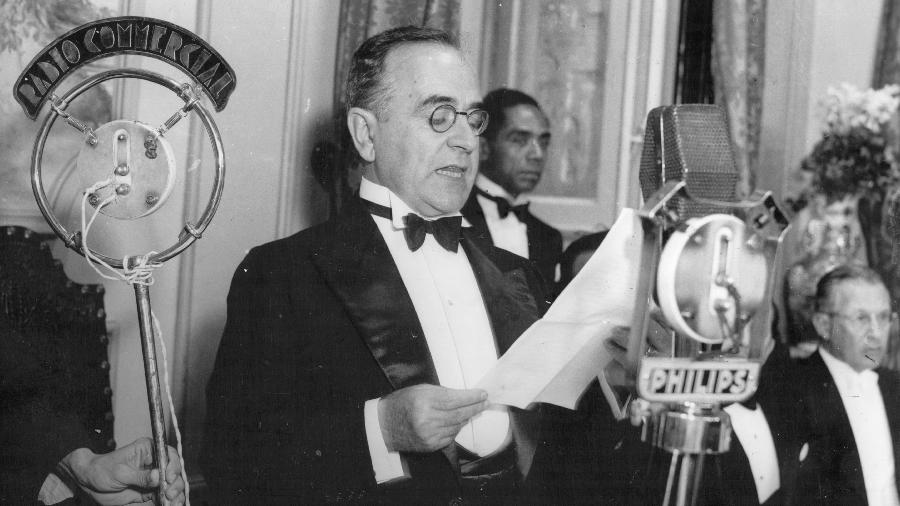
Today in Brazil: Getúlio Vargas establishes the New State (Estado Novo) in Brazil
On November 10, 1937, Getúlio Vargas declared, in a nationwide radio address, that Brazil was under a new regime of government, the Estado Novo (New State). Characterized by the centralization of power, nationalism, anti-communism, and authoritarianism, the Estado Novo lasted until 1945 when Getúlio was overthrown by the Armed Forces.
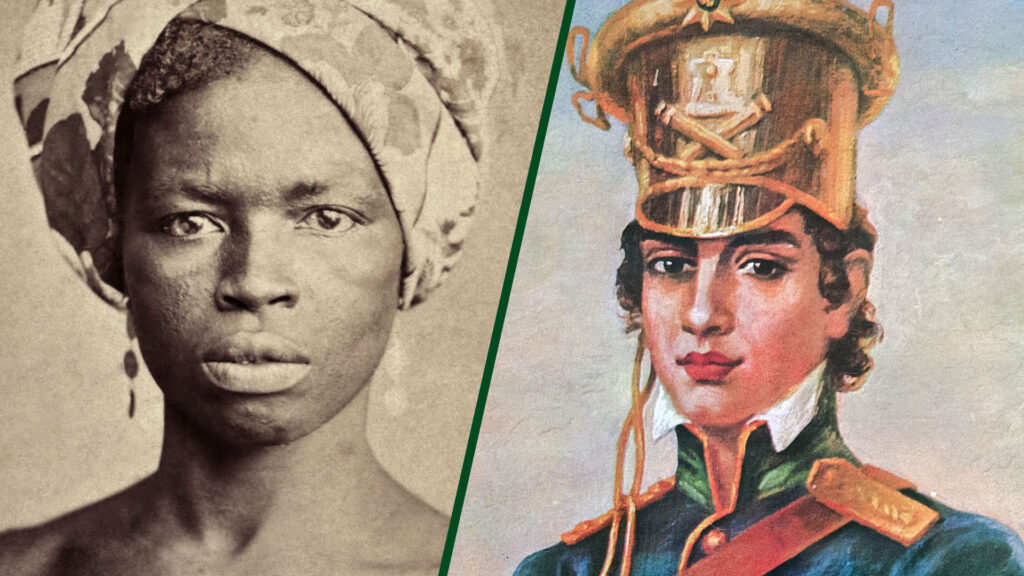
Women in the Brazilian Independence
The Independence of Brazil, one of the most significant chapters in the country’s history, was a multifaceted process that involved a variety of characters, events, and circumstances. While many iconic names, like Dom Pedro I and José Bonifácio, played a crucial role in this endeavor, the contribution of women in
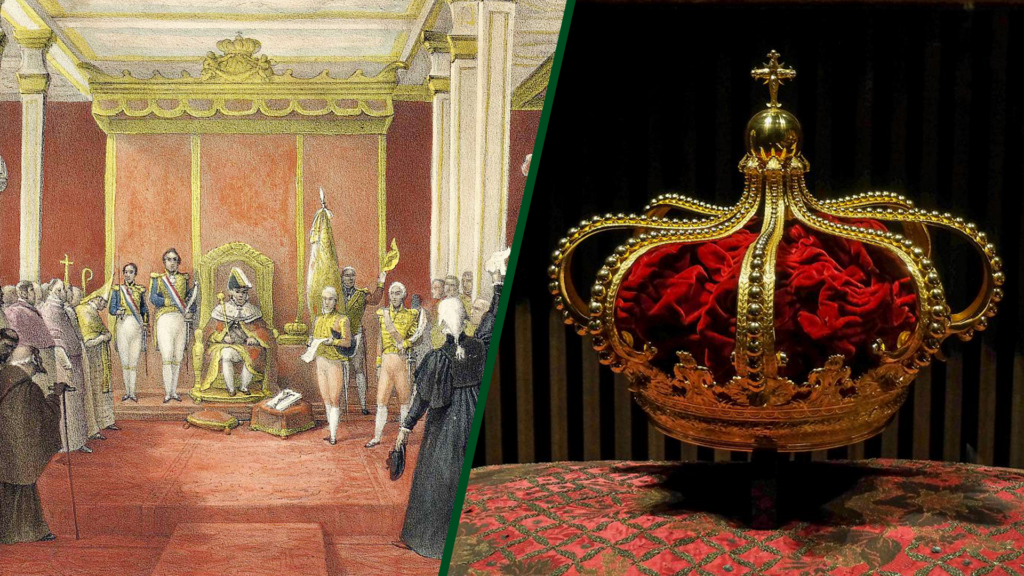
The history of the portuguese crown commissioned in Rio de Janeiro
The Portuguese court was already in Rio de Janeiro, having fled from the Napoleonic troops, with Queen Maria passing away on March 20, 1816, and the Prince Regent, João VI, becoming the king. Unlike previous kings, who had been crowned shortly after the death of their predecessor, João VI chose
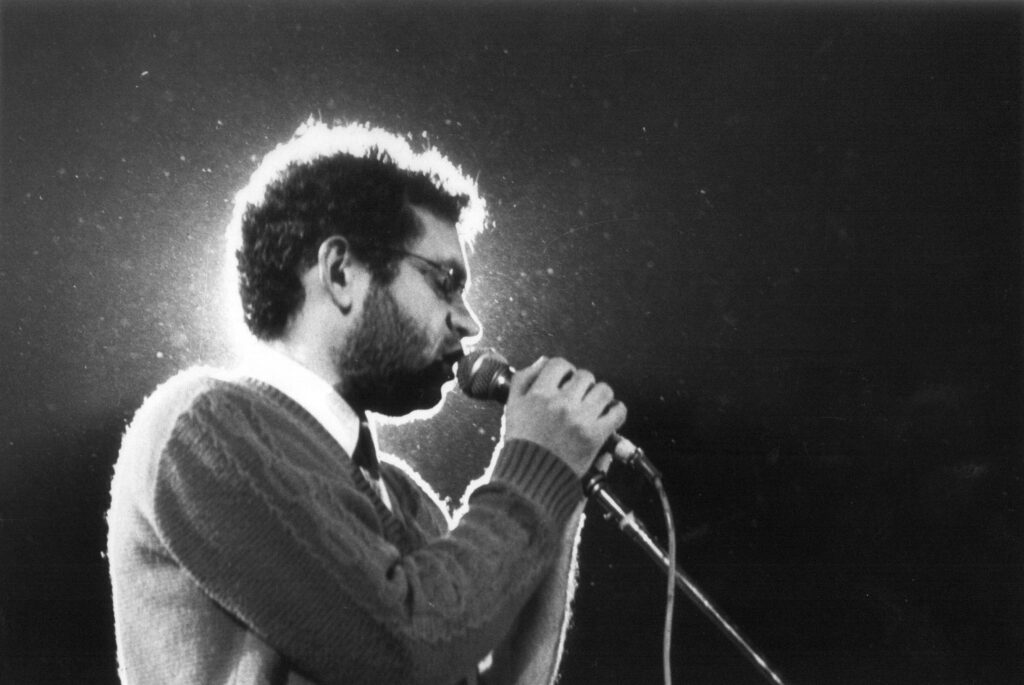
Today in Brazil: The death of Renato Russo
Renato Russo, a singer, songwriter, bassist, and leader of Legião Urbana, passed away on October 11, 1996, in Rio de Janeiro, due to AIDS-related complications. Born on March 27, 1960, in Rio, he moved to Brasília at the age of nine. His musical career included stints with the band Aborto
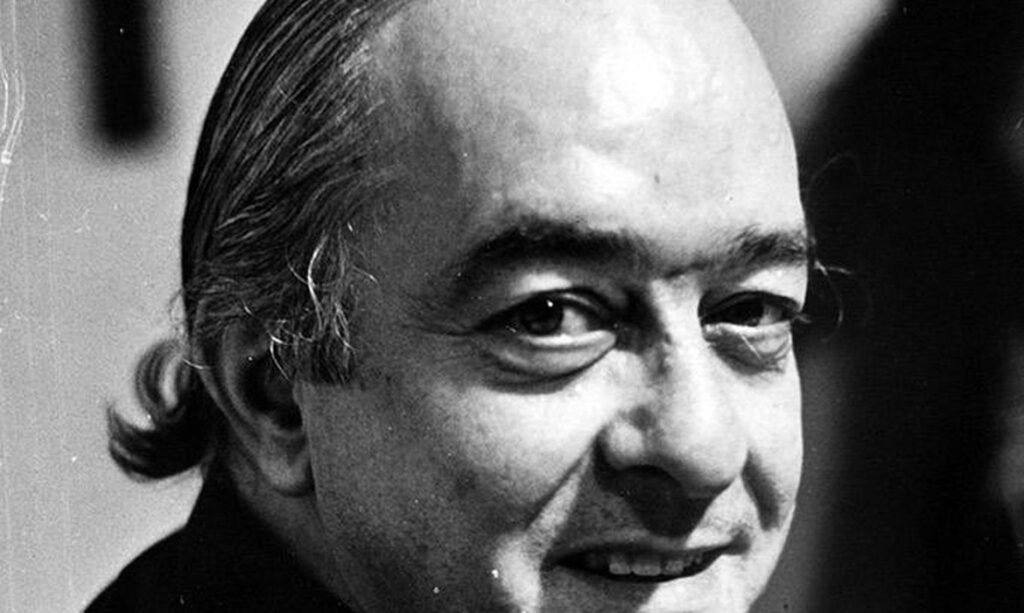
Homeland of Mine: The Story of Vinicius de Moraes’ Poem
The story of the poem begins in João Cabral de Melo Neto’s private press in 1949. This poem is what was then called a “plaquete” (or booklet). The publication consists of a single, long poem by Vinicius. Friends since 1942, when Vinicius visited Recife with Waldo Frank, the two diplomats
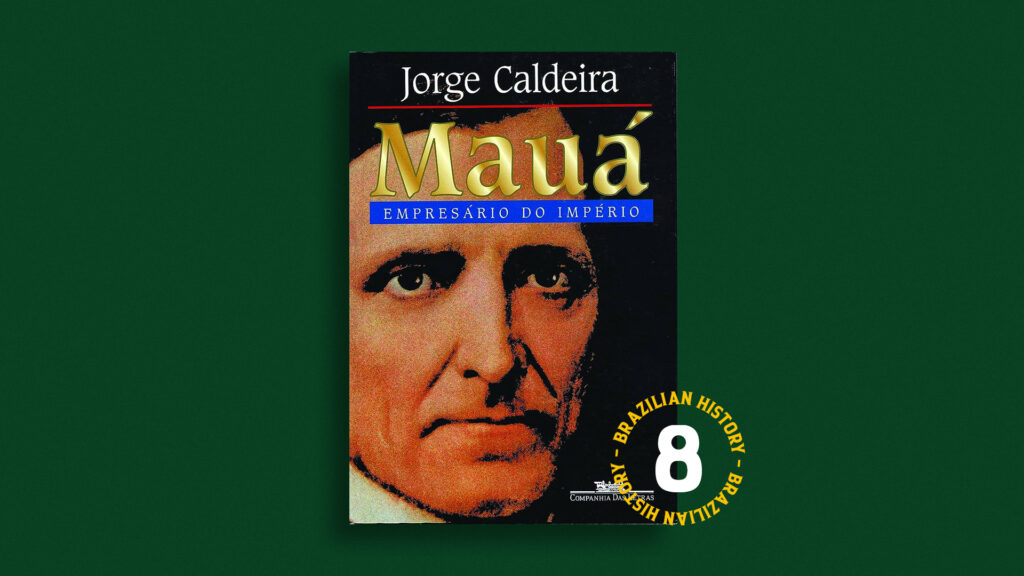
Mauá: Businessman of the Empire | Review
The book Mauá: Businessman of the Empire is a biography written by Jorge Caldeira that narrates the life and journey of Irineu Evangelista de Sousa, better known as Viscount of Mauá. Published in 1995, the book offers a detailed insight into the life and achievements of this important Brazilian historical
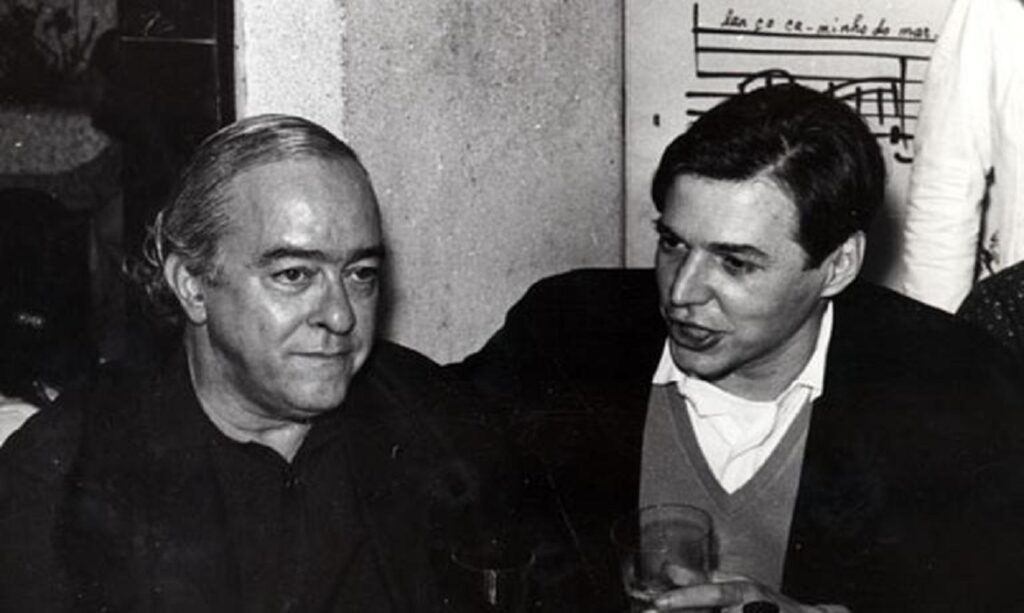
The history of the song The Girl from Ipanema
The song The Girl from Ipanema began when Tom Jobim asked Vinicius de Moraes to write the lyrics for one of his compositions. Vinicius was inspired by Helô Pinheiro, an 18-year-old girl they used to see in Ipanema, buying cigarettes for her parents or simply walking past Bar Veloso, where
